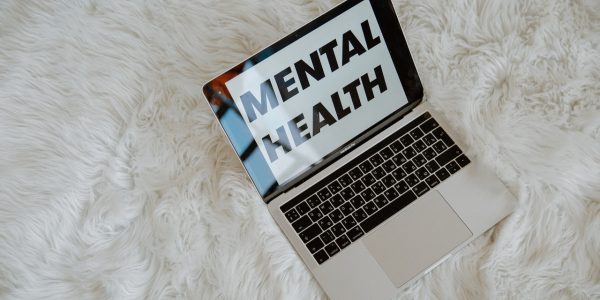Mental Health · Preventative Disability Management
How the Mental Health Conversation Has Changed from Generation to Generation


I can’t help it; I get really excited when I talk about mental health. And I talk about it a lot.
At work I talk with those who might be learning about their own mental health, or who are wanting to learn to support others. And I constantly celebrate when someone has that “aha moment” and connects an experience they didn’t understand with mental health. So, the “Bell Let’s Talk” campaign – Bell Canada donating 5 cents to mental health initiatives for every text message sent, mobile phone call made, tweet tweeted and Facebook image shared – has me tweeting, posting, sharing and yes, smiling, a lot.
This week, I was reflecting on the language of mental health and how the dialogue has evolved over the past years. When I began working in mental health my mom talked about her experiences working in mental health. She worked at psychiatric hospital 60 years ago when the patients were “crazy” and had to be kept locked up. Not because they needed it, but because the rest of society perceived them as “others”. Having a mental illness back then disqualified you from participation in every day society. Therefore, from my mom’s perspective, mental health related to extreme illness and those detached from society.
Thankfully, since then, the conversation has changed drastically.
Although, the extent of the change in dialogue didn’t really hit me until last week when I had lunch with my son. He grew up hearing about mental health often, it was as much a part of conversation as physical health. He told me many times that he didn’t like talking about “feelings” and “mental health” and all that stuff, but it was a conversation that was always being had. In fact, not two minutes after reminding me how much he disliked talking about feelings, he unknowingly told me a mental health success story that he was an integral part of.
He explained how a friend of his was “much more himself these days” (after having a rough time, and needing some medicine for a while). My son said how great it was to see his friend doing better and making positive changes in his life. He was so happy for his friend. I too, of course, was happy for his friend, but I was more focused on biting my lip and resisting the urge to hug my son and tell him how proud I was that he recognized his friend’s mental health experience, talked with him about it, and so readily accepted that his need for care and treatment didn’t change who he was.
This, my friends, is the next generation’s dialogue about mental health. It may not start with formal terminology, or be a prefaced with an apology (“if you don’t mind me asking… Or “sorry if this seems intrusive”) but it flows naturally among the other conversations had between friends and family.
This next generation is successfully integrating mental health into any conversation. And, what excites me the most is that all our conversations about mental health are making a real difference. So let’s keep talking!
If you haven’t clicked on the link above yet, for the Bell Let’s Talk campaign happening today – I urge you to do so HERE. Just a few clicks and shares, can make a big difference.
Diana Vissers is the Founder and Director of Corporate Services at Work to Wellness Rehabilitation Inc. – a Canadian company providing expert disability management services to Canadian customers. She is in the business of making your place of business healthy, safe and productive. Follow her on Facebook, LinkedIn and Twitter for the latest news and updates on health, wellness and integrated disability management.
Read more mental health and workplace health and safety articles here today.